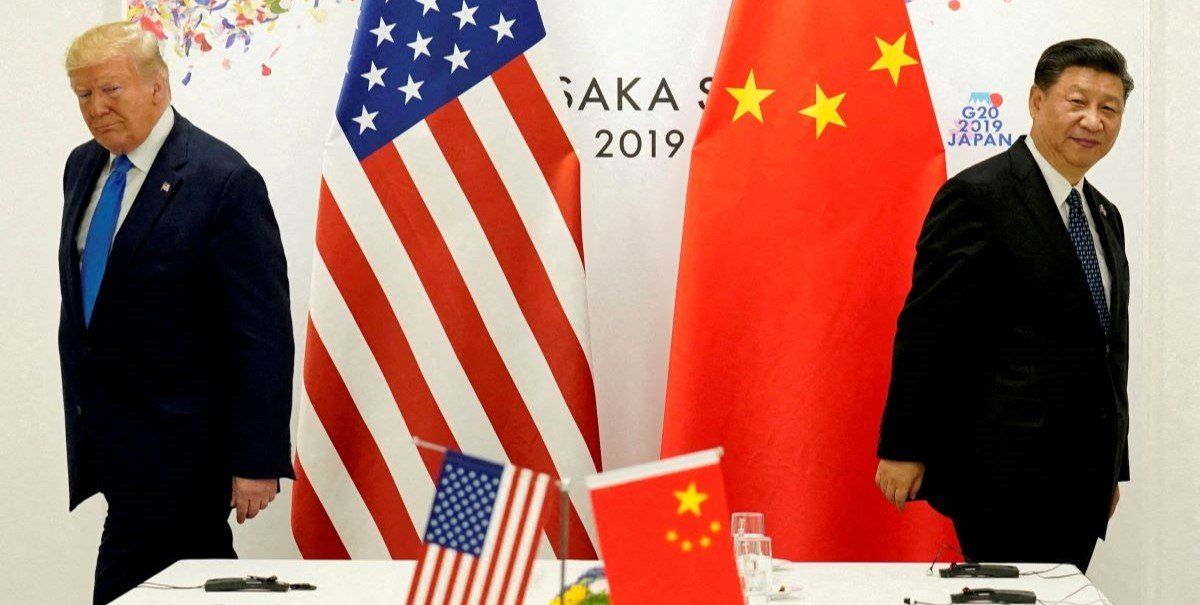With the Trump administration’s reciprocal tariffs taking effect on Wednesday, the US’s largest trading partner, China, has signaled that it is not backing down from a trade war. Beijing has promised to “fight to the end” after Donald Trump imposed 104% levies on China. Sure enough, the Mainland Kingdom announced on Wednesday that it would impose an additional 50% tariff on US imports, matching Trump’s latest hike.
According to Eurasia Group China expert Lauren Gouldeman, unofficial government-linked sources have indicated that Beijing is prepared to implement six other measures in retaliation, including:
- Halting collaboration on fentanyl-related efforts
- Limiting agricultural exports from the US
- Imposing restrictions on US poultry imports
- Blocking the sale of American services in China, such as design, consulting, financial, and legal services
- Banning US films (Sorry, “A Minecraft Movie”)
- Launching investigations into the intellectual property practices of American companies
These steps aren’t just reactionary — they reflect a strategic shift. “Beijing has been preparing for decoupling for years,” says Gouldeman. “So it will continue to follow its playbook of stepping up support to safeguard the domestic economy and finding alternative markets for trade and investment.”
The EU, meanwhile, has said it is open to working with China to stabilize the global economy, a sign that trade alliances could be realigning to circumvent the US. However, the bloc is also concerned about Chinese products flooding their markets.
Speaking of markets, stocks slid back down the slippery slope on Wednesday. Japan’s Nikkei closed nearly 4% down, Europe’s Stoxx 600 dropped 3% Wednesday morning, and futures on US indices also headed backward. Tuesday’s brief respite seems like a fever dream.
There is still room to maneuver: Beijing has reiterated its openness to negotiations, provided the US first removes its unilateral tariffs. But the Trump administration has signaled that it will stay the course to reshore supply chains. Going even further, the US president announced yesterday that he will soon announce “major” tariffs on pharmaceutical imports, which had been exempt from the “reciprocal” rates announced on “liberation day.”
We’ll be watching to see whether bilateral trade survives, but in the meantime, China has a well-stocked arsenal of
memes going viral, making fun of the American dream of re-industrialization.
